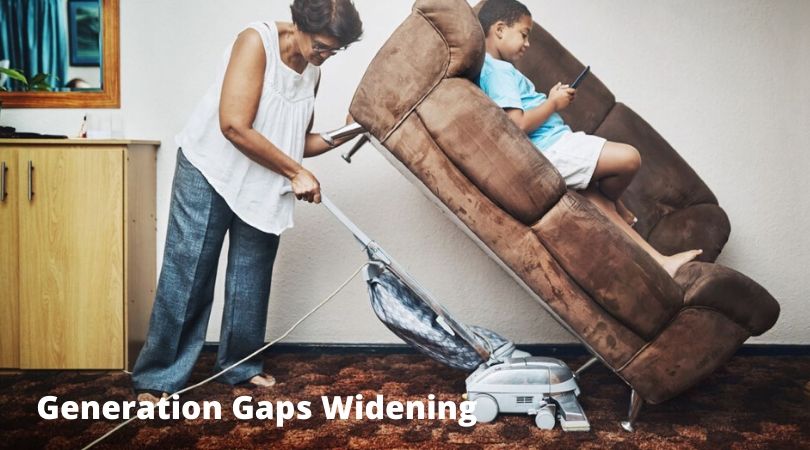
Diane and Mark Saincome of Novi were looking forward to retirement. Diane had spent her career as a registered nurse, and Mark had worked as an iron worker. They had plans to travel and enjoy their golden years.
Then tragedy struck — their daughter Amy passed away, leaving behind four children. The Saincomes stepped in without hesitation, opening their hearts and home not only to their grandchildren but to a fifth child who was part of Amy’s extended family.
Today, instead of traveling, they’re packing lunches, driving carpools, helping with homework, and navigating the school system — all over again.
“My husband always says, ‘How did you find out about that? How did you learn about that?’”
– Diane Saincome
Diane and Mark aren’t alone. Across southeast Michigan and the country, more grandparents and older relatives are stepping in as “kinship caregivers.” Some days are harder than others — finances are stretched, routines are disrupted, and plans are put on hold.
The Saincomes are grateful for their two adult children who pitch in, as well as the monthly Grandparents Raising Grandchildren (GRG) support group funded by AgeWays and offered through OLHSA and Catholic Social Services of Washtenaw. The program provides education, connection, and emotional support for kinship caregivers 55+ in Macomb, Oakland, and Washtenaw counties.
“At the meetings, you realize you’re not the only one. New people come all the time, and you’re able to support them.”
– Diane Saincome
The GRG program is more than just a place to talk — it’s a network of real, practical help.
With the leadership of Lisa Grodsky, GRG now serves over 100 caregivers, up from 40 just a few years ago. Participants get access to:
Workshops on topics like caregiver rights, mental health, and internet safety
Intergenerational activities like swimming, art-making at the DIA, and cooking classes
Help with basics, from back-to-school supplies and braces to prom dresses and summer camp scholarships
“It’s a true community. There have been tears, there have been hugs. They want to help each other.”
– Lisa Grodsky, GRG Coordinator
Grandparents and relatives raising children isn’t new, but the need is growing. Programs like GRG are helping families not just survive, but thrive.
Want to learn more or join a support group?
📞 Macomb & Oakland Counties: Call 248-209-2721
🌐 www.olhsa.org/grandparents-acting-parents
📅 View upcoming events